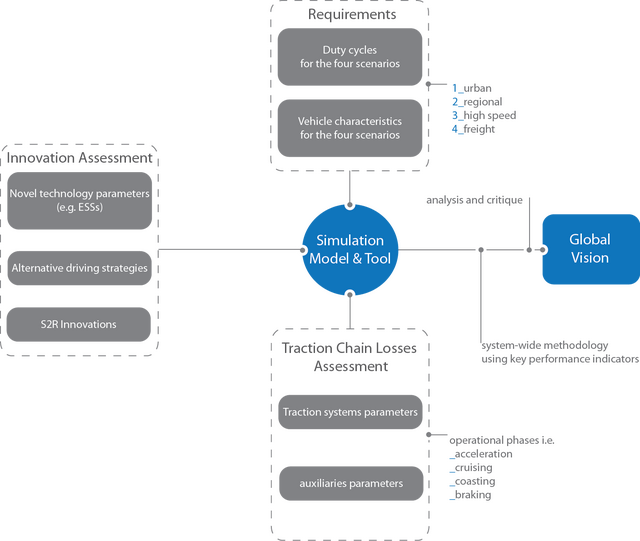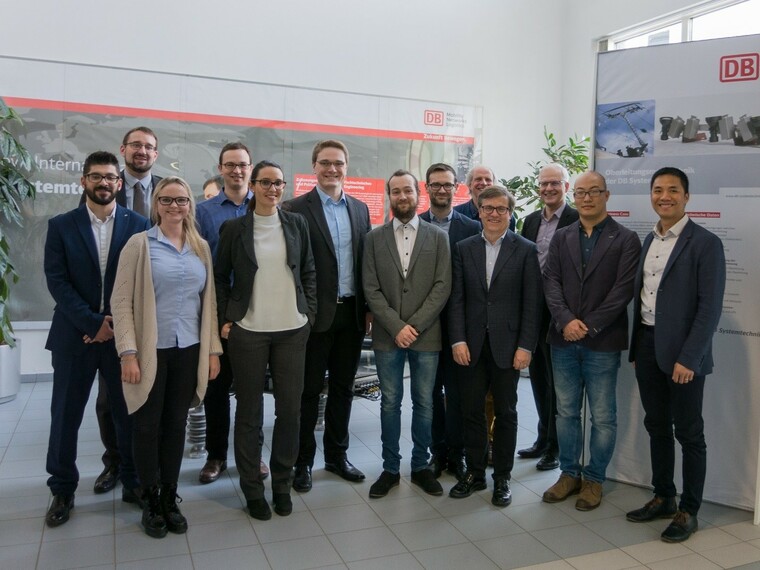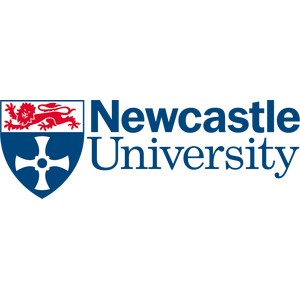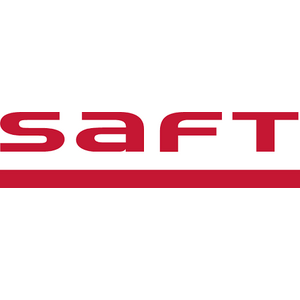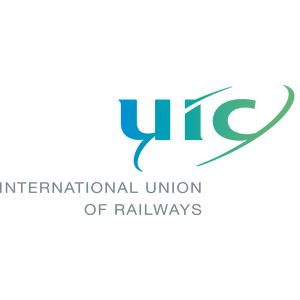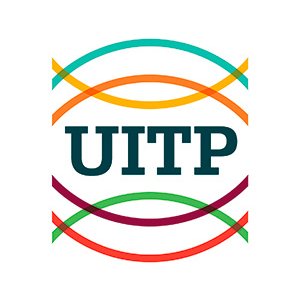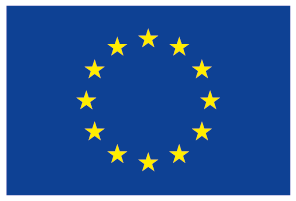About
The aim of OPEUS is to develop a simulation methodology and accompanying modelling tool to evaluate, improve and optimise the energy consumption of rail systems with a particular focus on in-vehicle innovation.
The OPEUS concept is based on the need to understand and measure the energy being used by each of the relevant components of the rail system and in particular the vehicle. This includes the energy losses in the traction chain, the use of technologies to reduce these and to optimise energy consumption (e.g. ESSs).
Specifically, the OPEUS approach has three components at its core:
- the energy simulation model
- the energy use requirements (e.g. duty cycles) and
- the energy usage outlook and optimisation strategies recommendation.
The concept builds on an extensive range of knowledge and outcomes generated by a number of key collaborative projects (e.g. CleanER-D, MERLIN, OSIRIS, RailEnergy, ROLL2RAIL) underpinning the research proposed, ALL of which have been led by OPEUS consortium members.
Specifically, these previous projects input will be used to:
- Expand and develop the simulation tool (CleanER-D, MERLIN);
- Complete the operational requirements by enhancing the urban duty cycles (OSiRIS);
- Provide a global vision of energy consumption in railways (CleanER-D, OSIRIS, RailEnergy)
OPEUS’ ambition is to firmly contribute to the following key areas:
- Understand energy consumption of urban railways;
- Develop a tool to objectively compare technologies and strategies aimed at optimising the energy usage of railway systems;
- Unlock the potential contribution that novel technologies and associated strategies can make to optimising rail energy consumption;
- Share a global vision for how energy is used in railways.
